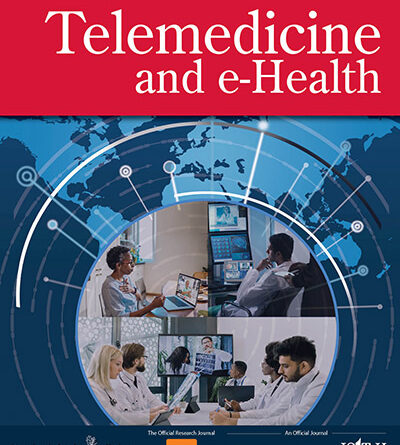A Conceptual Model to Evaluate Service Quality of Direct-to-Consumer Telemedicine Consultation from Patient Perspective
Objective and Background:This research aims to develop a theoretical service quality (SQ) model for direct-to-consumer (DTC) telemedicine consultations. Although it can change care delivery for the better, it is crucial to create the appropriate measurement tool to collect and analyze patient’s perceptions of SQ to identify any service pitfall and encourage a faster adoption. To the best of the authors’ knowledge, this article is one of the first to investigate and propose a SQ model for DTC telemedicine consultations. This study is therefore motivated by a clear need for such a model as it is currently inexistent.
Methods:A literature review of health and e-service quality (e-SQ) models was conducted to identify a suitable instrument for the research. A total of 60 studies were included.
Results:The main findings are threefold: (1) DTC telemedicine SQ is interdisciplinary: it encompasses generic and context-specific dimensions from the health, e-SQ, and information system literature; (2) the existing SQ models are not adequate, they do not cover all dimensions of DTC telemedicine services; (3) although LeRouge et al.’s Telemedicine service encounter quality model was identified as a reference model, it is inadequate to simply transpose it to the context of the study. Thus, the elaboration of a more suitable instrument and creation of a new updated model by the authors.
Conclusion:The conceptual model captures three primary dimensions (system quality, interaction quality and use quality) that represent SQ of DTC telemedicine consultations from a patient perspective.


